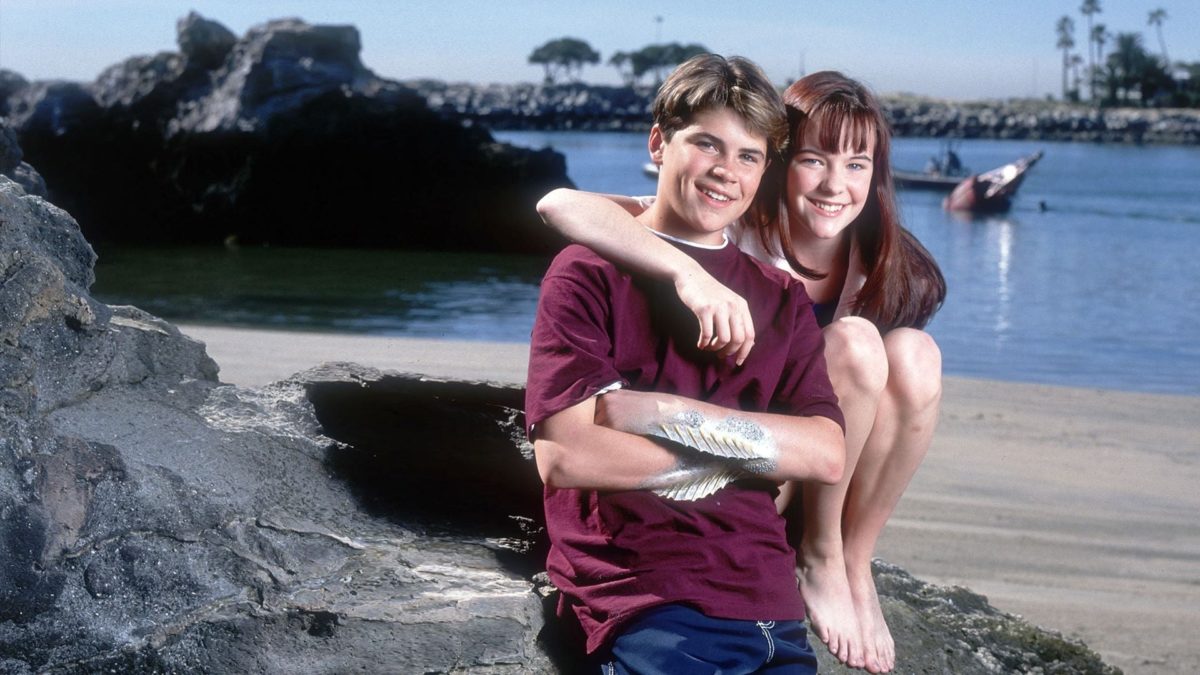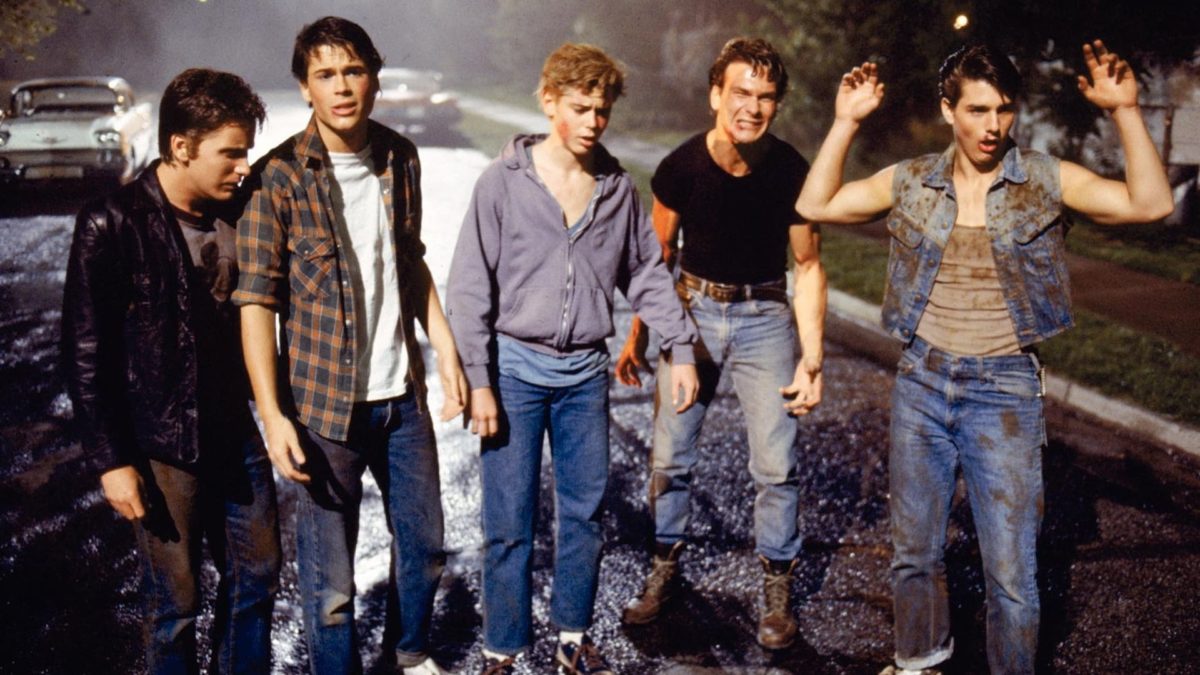The Swimmer (1968)



I’m not sure a film has ever more steadily improved in my estimation than Teen Beach Movie, the Disney Channel musical from 2013.

There’s a 20-minute period towards the middle of the film where The Money Pit lives up to its slapstick potential, and it’s the hardest I’ve laughed in eons.

This Disney Channel Original Movie takes a very intriguing premise — boy begins transforming to merman on his thirteenth birthday and tries to hide it from the world; very clearly a metaphor for coming out as gay in 1999 — and makes it so damn boring.

Bobby is turning four years old. It’s his birthday, and he’s having a party. A clown is coming. It’s 1992.

Robot (aka Enthiran) is a three-hour Kollywood sci-fi sitcom action musical about AI robots gaining sentience and falling in love with humans.

The Outsiders is Francis Ford Coppola’s epic greasers-vs-socs melodrama — his “teenage Gone With the Wind,” to quote the director’s commentary.

Here’s a summary of the first few minutes of Read it and Weep:
Totally plausible, right?

I ended up watching this movie twice in short succession to prep for a podcast recording. This turned out to be the right choice as it effectively doubled my appreciation for the film; every visual pattern, every subtle cue of dialogue, every delicate and luscious composition comes in sharper relief once you know exactly what to look for. And it does so without compromising the elliptical, sensuous storytelling texture of the film.

(Note 12/2022: I just want to say that the following review soft-pedals my affection for this movie. I will write something more effusive someday.)